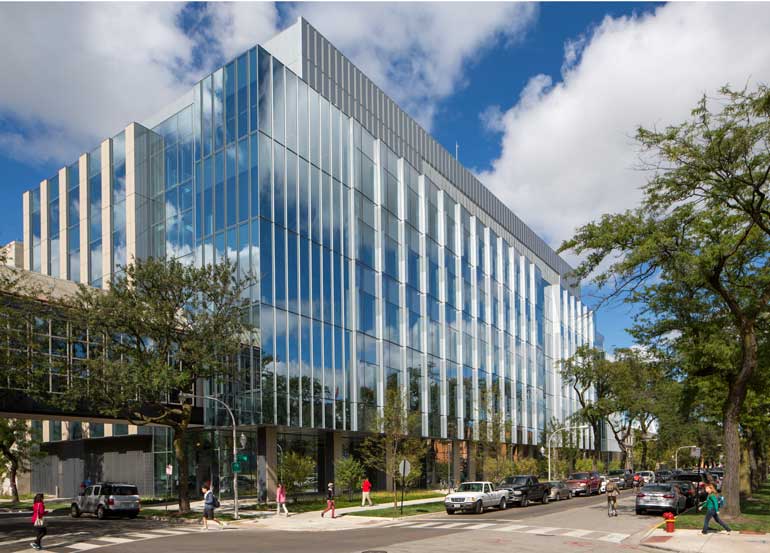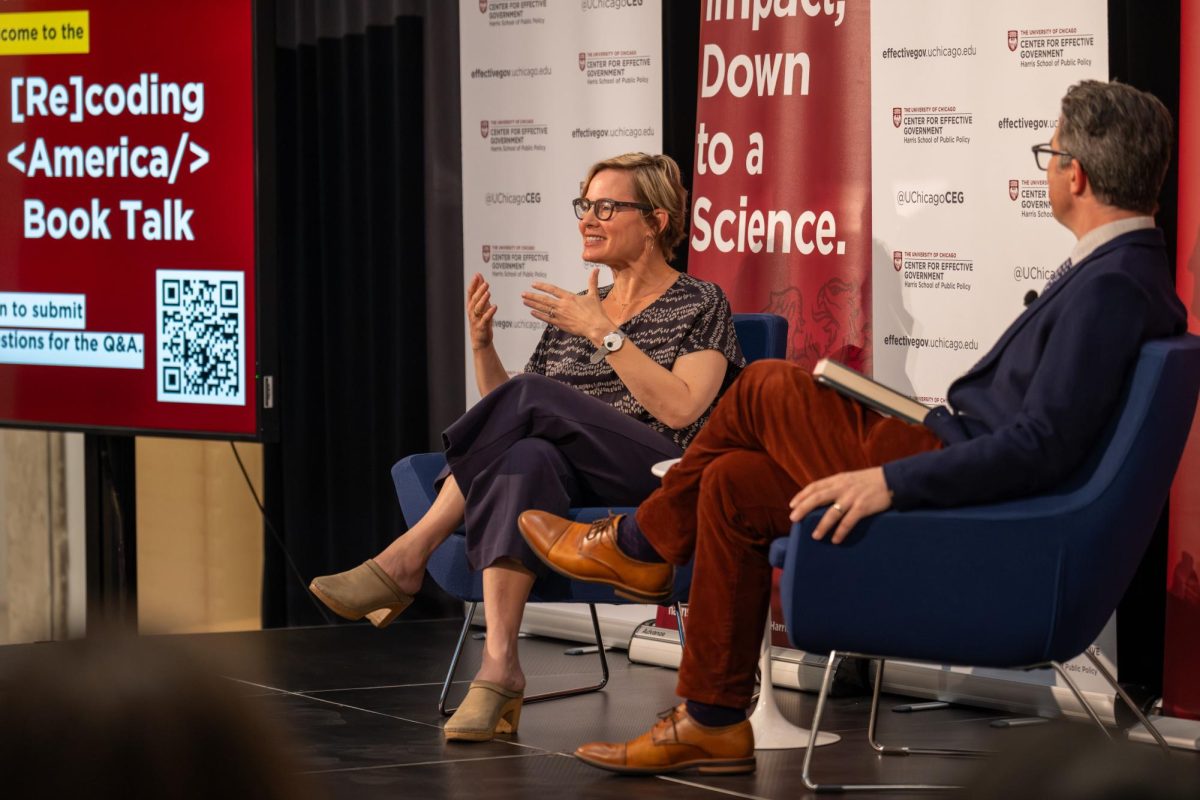Justice Albie Sachs of the South African Constitutional Court tackled the issue of same-sex marriage Wednesday afternoon in Swift Hall during a lecture sponsored by the Human Rights Program.
Sachs said that as he looked down from the bench of the Constitutional Court of South Africa at the crowds waiting to hear its decision in the Fourie gay marriage case, decided last month, Sachs reflected back on a Gay Pride parade he had attended in Cape Town in 1991.
“We were at a park I’d grown up near. Back then, there were signs up saying ‘Whites Only,’” Sachs said. “Now, there were invisible signs saying ‘Straights Only.’ The same signs that would prevent a black and a white from sitting in that park holding hands would prevent a gay couple from doing the same.”
Sachs cited his nation’s past experience with intolerance as a major influence in his landmark opinion in the case, which ordered the South African Parliament to equalize marriage rights for same-sex couples.
Summarizing the wider context of the Fourie Case in South African history, Sachs highlighted the tensions between the religious nature of South Africans and their heightened awareness of the need for equal protection under the law.
Though Professor George Chauncey, in his introduction of the lecturer, touched on the responses of American courts to lawsuits making similar claims to that of the Fourie case, Sachs did not explicitly comment on the Goodridge et al. v. Department of Public Health ruling that held the ban on gay marriage unconstitutional in Massachusetts.
He did, however, discuss how certain concepts critical in the same-sex marriage debate in both countries framed his opinion. These included the idea of precedence of popular sovereignty on the issue and the proper place of the courts in the debate. “[I felt] we can’t rely on pure legal logic to get an answer,” he said. “My concern was, what would most firmly and securely advance equality in this area, a decision of the Constitutional Court, lacking in popular legitimacy? It’s not only the Court’s duty to protect constitutional rights. In fact, it’s mainly legislative.”
The justice made specific mention of the relevant tenets of the South African Constitution, describing Article IX, Section One, as granting all citizens the right to equal protection and Article IX, Section Three, as banning discrimination on the basis of a number of factors, including sexual orientation.
Advocates for Fourie et al argued that the text of the Marriage Act, which specifically references husbands and wives, was in violation of those tenets. Sachs sketched out the precedents and rhetoric that led him and his colleagues to accept that conjecture. “You can’t tell from the word [marriage] whether it’s gay or straight…” Sachs said. “A good constitutional argument should be able to be understood by a non-lawyer. People have the right to dignity. Homosexual rights were inferior to that of heterosexual lovers.”
A famously compelling speaker, Sachs was interrupted on several occasions by laughter from the enthusiastic audience over the course of his talk.
Sachs also commented on his institution’s place in the wider and evolving realm of international law, where it has been a major contributor over the last ten years. The justice drew applause from the audience by making reference to the development of the ban on torture.
A longtime advocate for equality in South Africa, Sachs was part of the first class of justices on the court after its establishment in the Constitution of 1994. He first became involved in human rights activism at the age of 17 by joining in the Defiance of Unjust Laws Campaign of 1952. He was detained multiple times and eventually forced into exile by the apartheid government of South Africa.
In 1988, Sachs lost his arm and sight in one eye as the result of a government-sponsored car bombing. He has since then written extensively on his involvement with the anti-apartheid campaign, and frequently speaks in favor of expanded gender, social, and economic rights.
The Center for Comparative Constitutionalism, the Center for Gender Studies, and the Chicago Center for Contemporary Theory co-sponsored the event.









